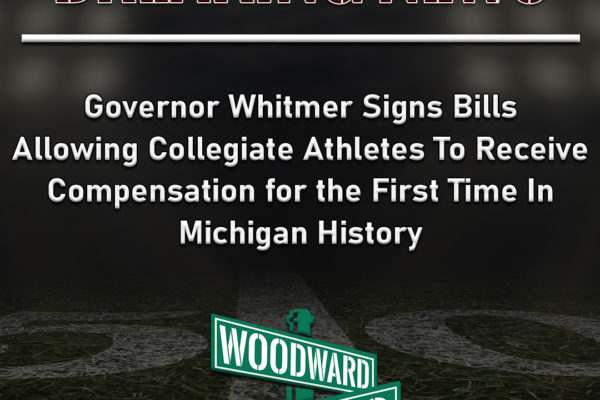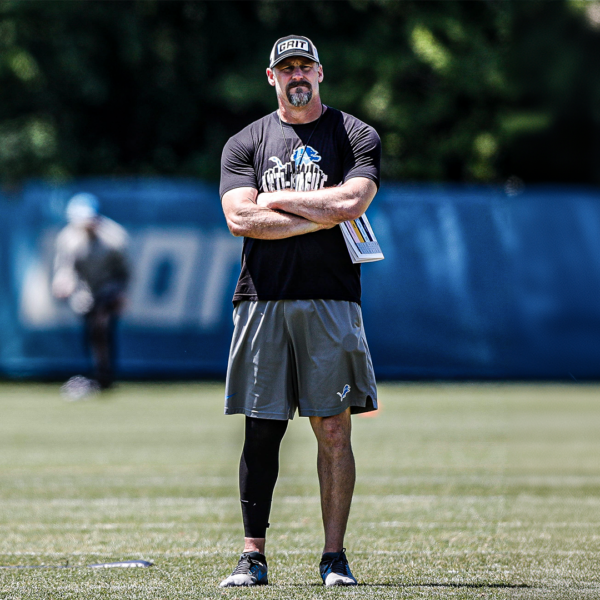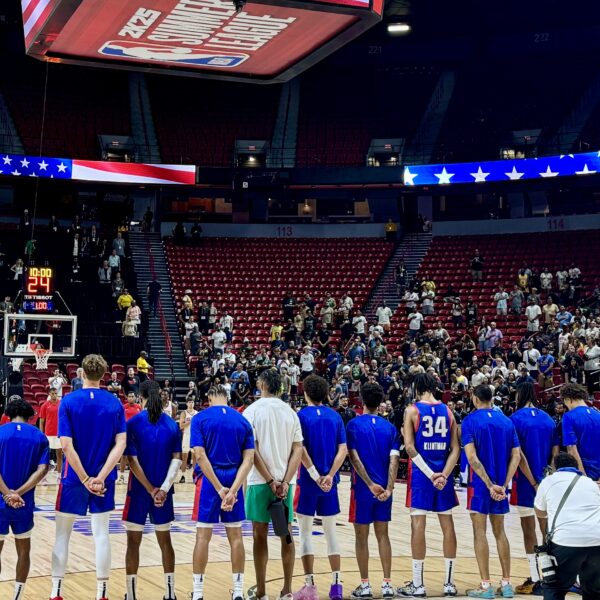Michigan Governor Gretchen Whitmer signs a bill that will allow collegiate athletes to earn compensation for the first time in the state’s history.
Michigan Governor Gretchen Whitmer showcases her leadership once again with a monumental decision right before the new year.
Whitmer signed bipartisan legislation on Wednesday that will allow student-athletes to receive financial compensation for the use of their name, likeness, and reputation.
This landmark decision is the first time in the state’s history that collegiate athletes will be able to earn this financial benefit while still playing for their school.
“For years, we have all enjoyed the incredible talent of young athletes across the state. This legislation will change the lives of young men and women for years to come,” said Governor Whitmer. “As only the second state in the nation to pass this historic legislation, I am proud to sign this bipartisan legislation today on behalf of our current and future student-athletes. As always, stay safe and go green!”
Former Detroit Lions running back and Baligian and Bell host, Joique Bell approves of the deal.
“It’s high time that collegiate players are respected and compensated for the talents that they’ve spent their entire lives trying to perfect,” said Joique Bell, former running back with the Detroit Lions and Wayne State University. “I’ve always supported the efforts to protect the best interests of athletes, especially those with tremendous abilities who play at all levels of the NCAA. We need to continually find ways to help student-athletes get ahead and build their brands early, while also protecting the players and the integrity of the sport.”
The decision of whether student-athletes is one that has drawn attention, especially in the Supreme Court, for quite some time.
Below is an excerpt from the release.
“The bills allow players from any sport in all divisions to use agents to earn money from their own image, name, or likeness. However, students cannot enter into a contract that conflicts with the contracts of their school or establish the right for students to use trademarked names, symbols, intellectual property, and logos of schools, associations, or conferences.”
This article will update as more information is available.
Follow Kory Woods on Twitter @koryewoods








